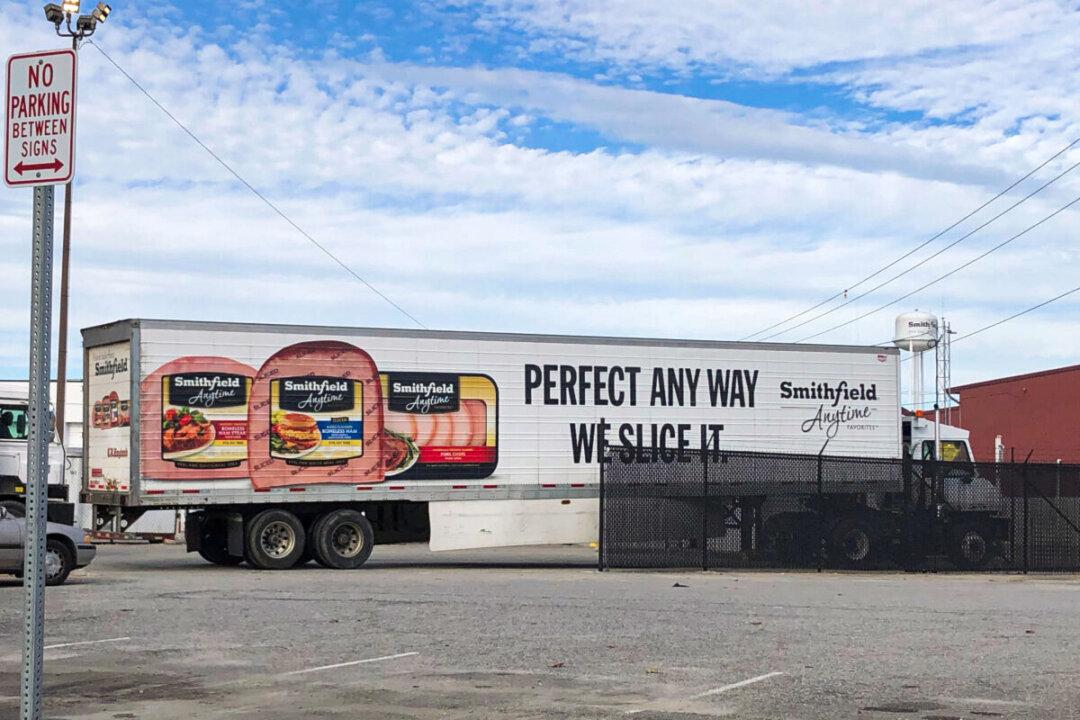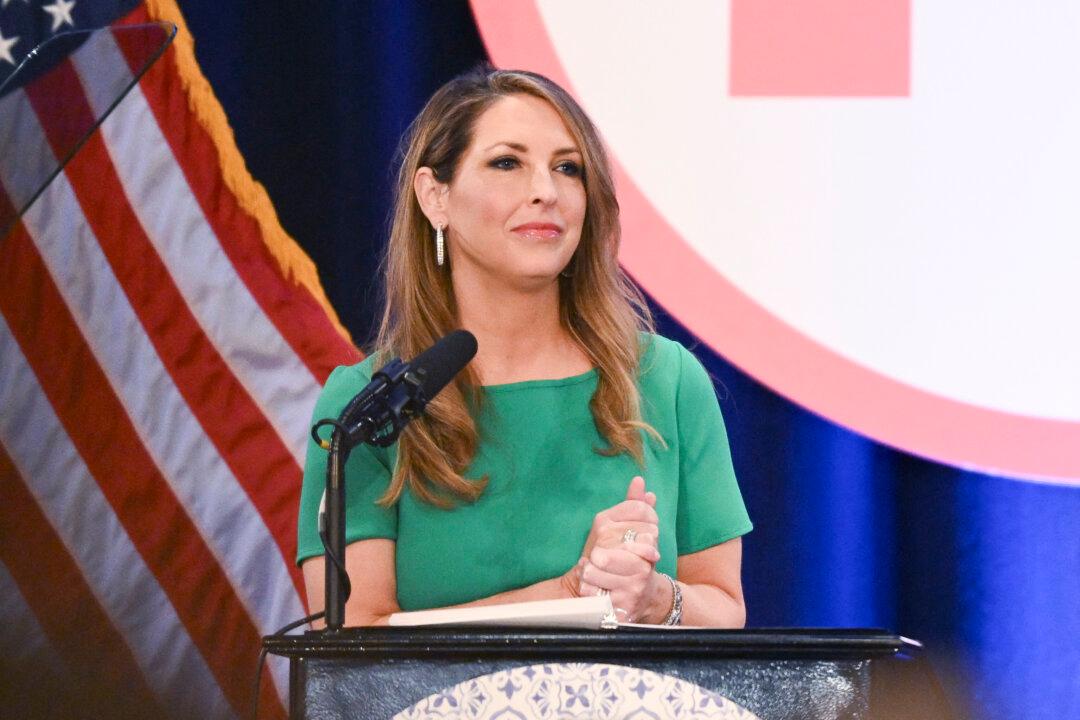Smithfields Inc., the largest pork packer in the United States, is leaving California due to high operational costs and red tape.
“Smithfield Foods, Inc. today announced that it will cease all harvest and processing operations in Vernon, California in early 2023 and, at the same time, align its hog production system by reducing its sow herd in its Western region,” the company said on Friday in a statement.





